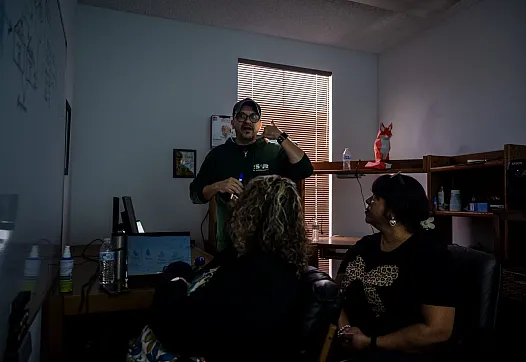
El primer programa residencial del condado para mujeres latinas se centrará en una atención culturalmente competente.

El primer programa residencial del condado para mujeres latinas se centrará en una atención culturalmente competente.
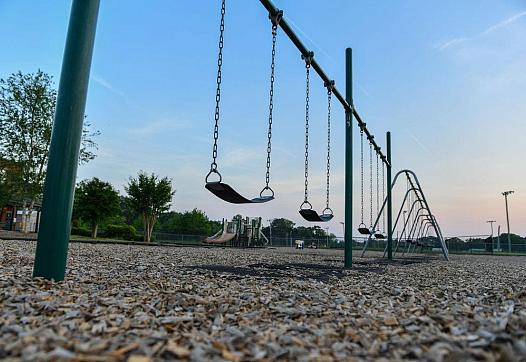
“The academic in me is never going to say causality,” said Harvard's Jeremy Faust. “But the person with a functioning brain is going to say I’m worried about a causal relationship.”
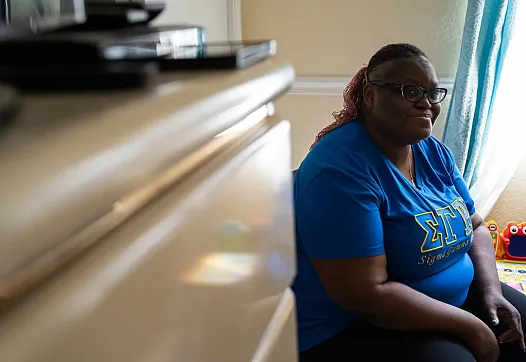
Black youth face systemic racism, trauma, and abuse in foster care. Advocates push reforms, kinship care, and support to break cycles and improve outcomes.
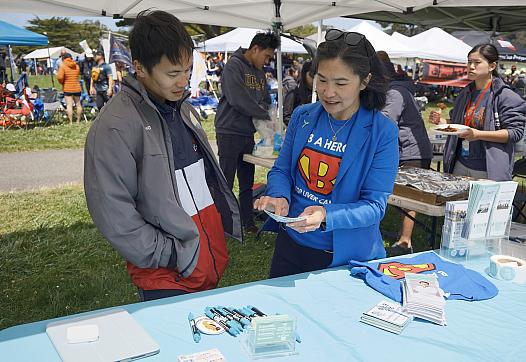
Asian Americans are disproportionately affected by hepatitis B, especially by chronic infections. Years of community work have led to better outreach, and new efforts like universal screening are starting to build momentum.
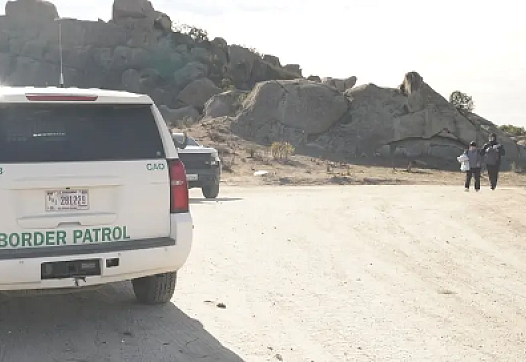
隨著川普政府收緊移民執法,越來越多無證亞洲移民陷入法律僵局——無法調整身份、無法回國,也無法公開談論自己的生活。
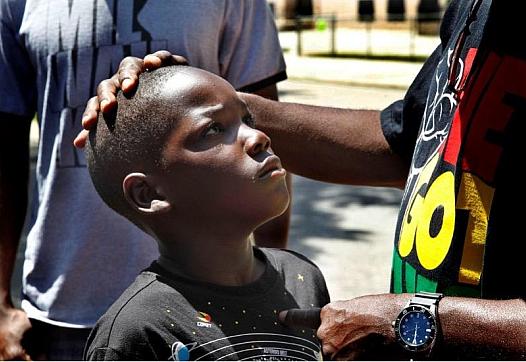
Violence prevention programs, particularly community-based interventions, can significantly reduce homicides and shootings in the Black community.
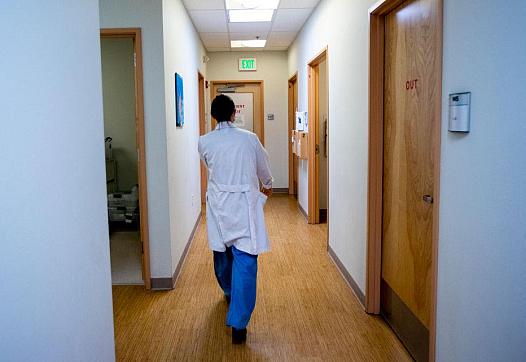
"This is the story post-Dobbs, that people are doing everything within their power and expertise to make sure that people can still get care," said David Cohen, a law professor at Temple University.
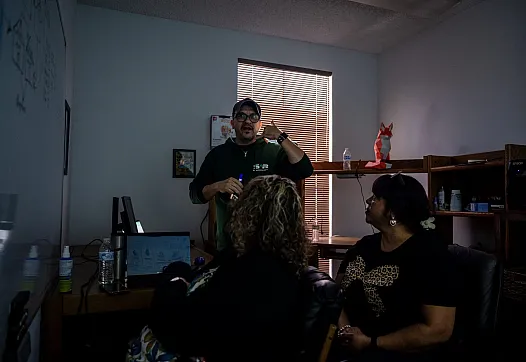
The county’s first dedicated residential program for Latinas will focus on culturally competent care.
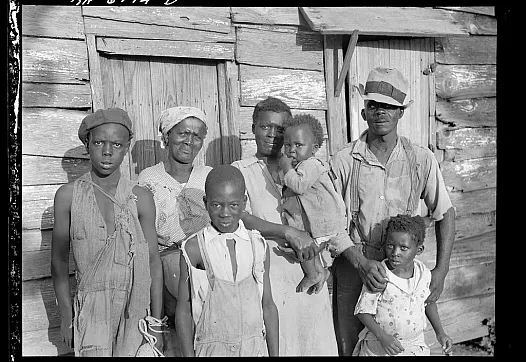
“The system is not set up for us,” says Essence Graves, a longtime social worker.
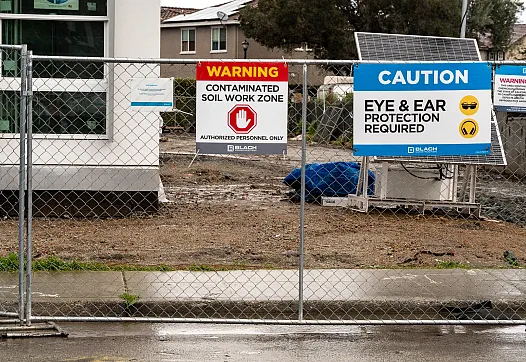
Decades of toxic pollution in East Palo Alto’s Ravenswood district hinder redevelopment plans. Residents are pushing for full cleanup, fearing health risks, while city officials weigh economic gains.